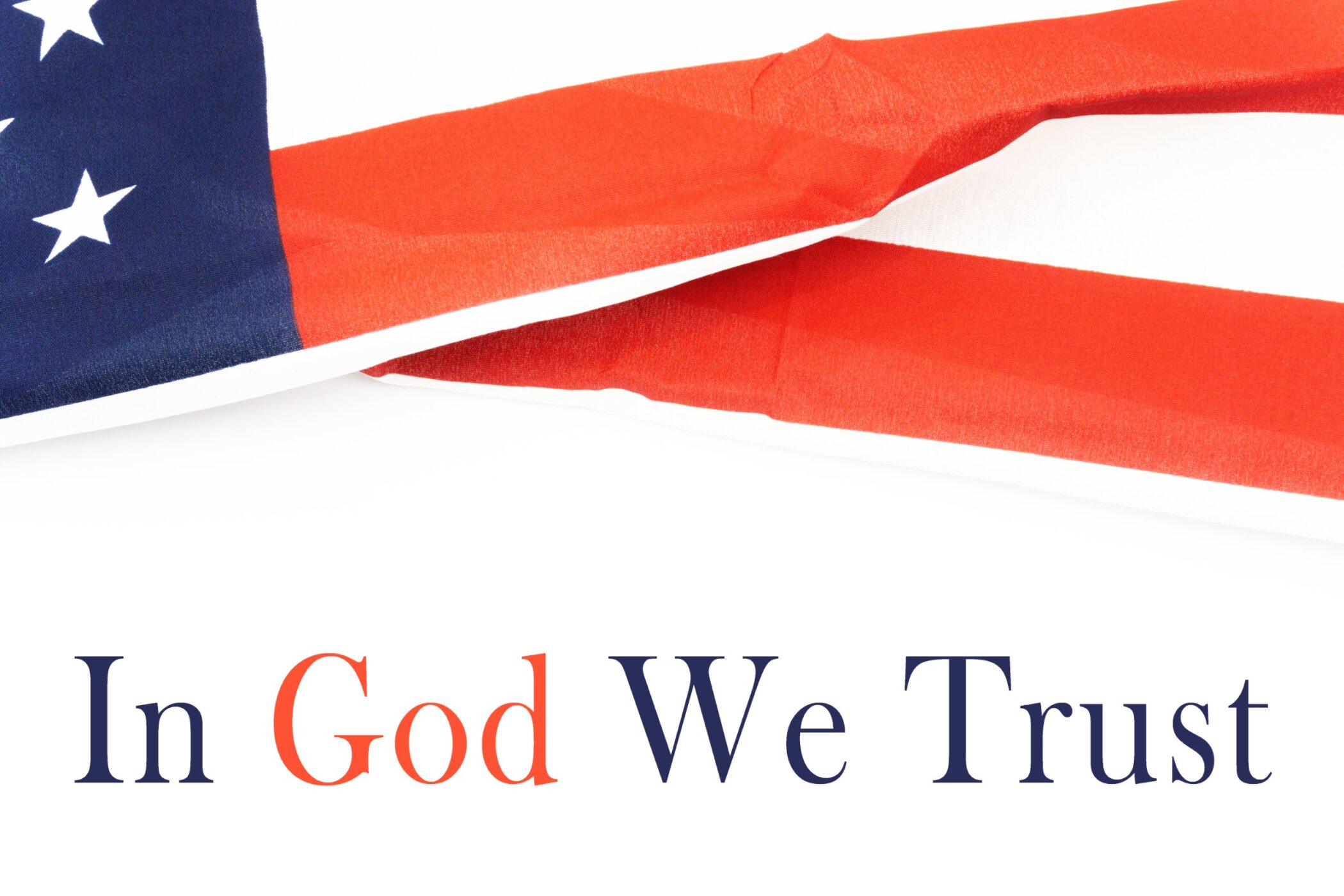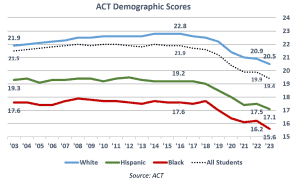A new political party, “United Kansas,” wants to institute fusion voting, which allows a candidate to be listed twice on the ballot. Fusion voting is not legal in Kansas.
United Kansas announced in mid-March that they had over 35,000 petition signatures to qualify for the general election ballot, but the party has not been certified by Secretary of State Scott Schwab.
In fusion voting, United Kansas would not nominate its own candidates but would give its nomination to a candidate from one of the major parties.
“History has shown that third parties almost never win in our two-party system,” Jack Curtis, party chair, said in a news release. “That is why we don’t intend to run our own candidates and waste votes or spoil elections. Instead, we’ll give our nomination to the major party candidate that best represents our values.”
So, if — for example — United Kansas decided Democrat gubernatorial candidate Jane Doe “best represented their values,” the party would nominate Jane Doe, and her name would appear on the ballot twice.
Retired data Scientist Earl F. Glynn, who also reports on a substack called Watchdog Lab, said there were some serious concerns with this approach — not the least of which is the potential confusion of having the same candidate on the ballot twice under different parties.
Moreover, it is unclear if votes for “Jane Doe, Democrat” and “Jane Doe, United Kansas” would all count toward Jane Doe’s final vote tally.
In a phone interview, Glynn noted that what United Kansas is essentially doing is just endorsing.
“What they’re going to do is they’re going to primarily just endorse candidates,” he said. “And many times they’re going to endorse an existing Republican or Democratic candidate as their candidate.”
The question then becomes, why would you list an endorsement as a separate candidate?
According to Glynn, it all comes down to human preferences. Glynn noted that all candidates prefer to be listed first on a ballot.
“Who wouldn’t want to be listed twice before even seeing the third candidate? It’s just a huge bias towards that candidate.”
Currently, however, state law does not allow for fusion voting — and only Connecticut, Mississippi, New York, Oregon, and Vermont allow the practice.
Fusion voting was used in Kansas in 1892 and 1896, but the legislature banned it in 1901, and the law prohibits “any person to ‘accept more than one nomination for the same office’ and (2) that ‘the name of each candidate shall be printed on the ballot once and no more.'”
That prohibition remains on the books with some minor wording changes.
An amicus brief filed in support of the practice in New Jersey lays out that, contrary to claims of “strengthening democracy,” the idea is actually to manipulate elections.
“New Jersey’s 1878 congressional elections also highlighted the role of fusion. In that election, as was often true during this political era, the Greenback Party (which focused on anti-monopoly, pro-labor issues, most notably support for non-gold-backed paper currency, an eight-hour work day, and union protections) mostly nominated Democratic candidates for office,” the brief reads. “The Democratic candidates who also had the support of the Greenbackers typically won, and those without them lost.”
The brief highlights multiple instances where fusion voting served to manipulate the election — by having the same candidate on the ballot more than once — tilting the vote in favor of the candidate with multiple nominations.
United Kansas is not the only ‘new party’ in the state
In mid-January of this year, a new political party was certified in Kansas — “No Labels” — officially met the requirements to be recognized and have candidates appear on general election ballots.
According to a release from Kansas Secretary of State Scott Schwab’s office, “No Labels Kansas met the requirements by submitting a petition containing the signatures of registered voters equal to 2 percent of the total votes cast in the 2022 statewide gubernatorial general election. The signatures on the petition were validated by county election officials who reported their results to the Secretary of State’s office, as stipulated by K.S.A 25-302a.”
The only other “minor” or “third party” officially recognized in Kansas is the Libertarian Party.
However, at least some of the signatures had been forged, and a Florida man had been arrested, Kansas Attorney General Kris Kobach announced on Feb. 19, 2024.
“No Labels” currently has just one registered voter.



